
Today, we’re crossing the Atlantic Ocean and heading straight for Brazil and our business unit RIP Serviços Industriais. RIP stands for ‘Refratário, Isolamento, Pintura’ – Refractory, Insulation, Painting. In Portuguese, it’s pronounced /rɪpi:/, so add the /iː/ sound at the end (like in tea), and you’re all set.
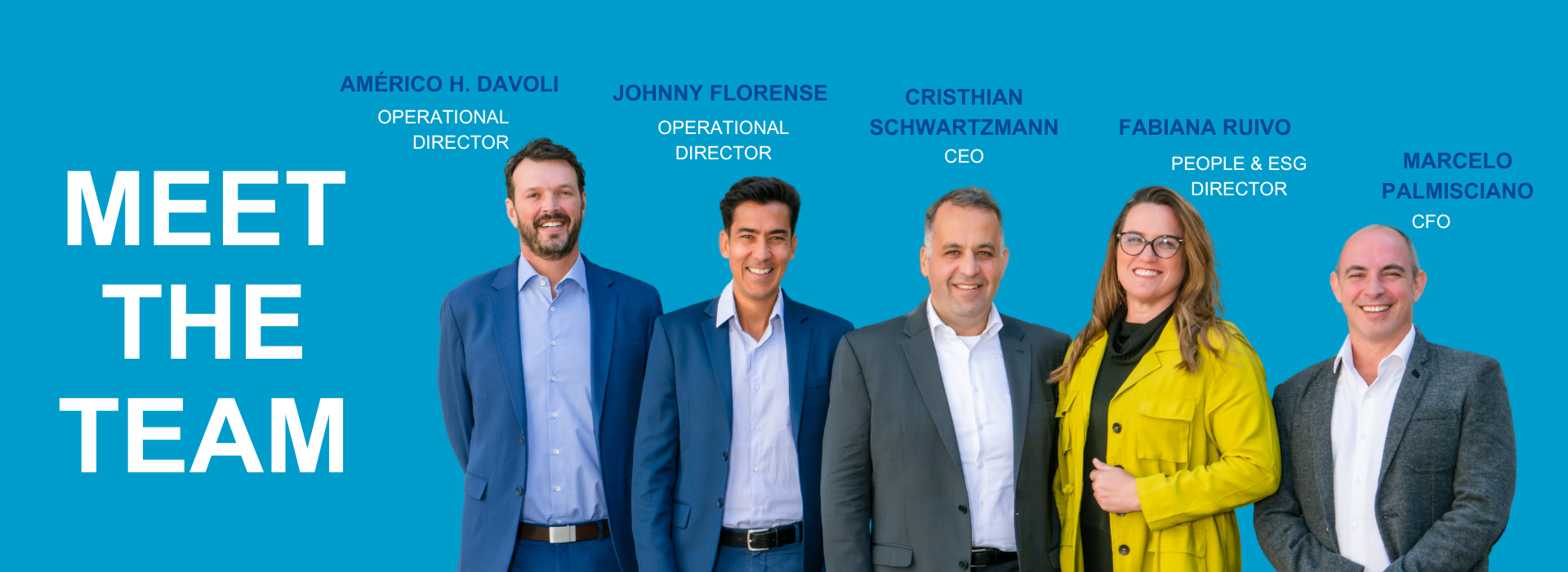
When we sat down with the board of directors a few weeks ago, we asked them which person or landmark in Brazil best compares to RIP and why. Three names came up: Cristo Redentor, Pelé and Ayrton Senna.
They are timeless symbols of the heart and spirit of Brazil, embodying modesty, dedication, resilience and an unwavering commitment to excellence. The iconic statue of Cristo Redentor in Rio de Janeiro, with his arms outstretched, stands as a symbol of openness, hope and unconditional support. Pelé, a legend on the soccer field, demonstrated the power of humility and dedication, captivating the world with his unparalleled skills and sportsmanship. Ayrton Senna, a titan of Formula 1 racing, showed us what resilience and dedication can achieve, inspiring millions with his tenacity and passion for excellence.
Cristhian Schwartzmann adds: “The spirit of Brazil’s best inspires us. Like Pelé, we approach our work with modesty, dedicating ourselves to mastering our craft for the benefit of our team and our clients. In the spirit of Ayrton Senna, we embrace challenges with resilience, pushing boundaries to achieve remarkable results. And as the Cristo Redentor, we strive to foster an environment of trust and support, welcoming all who join us on this journey.”
Much like the stories of its icons, Brazil’s industrial landscape is one of enormous potential amidst challenges. Early this year, the country has launched the “Nova Indústria Brasil” policy to revitalise the industrial sector through innovation and sustainability by 2033. This strategy is aimed at reversing past deindustrialisation and increasing global industrial competitiveness by stimulating productive and technological development, making Brazil a growth market in terms of capital investment, green energy and digitalisation.
The policy has been developed mainly on the basis of the current ageing industrial infrastructure, which at the same time requires (and will continue to require) a lot of maintenance. This is where RIP comes in.
The term ‘energy transition’ is hardly a buzzword in Brazil, a country that is already at the forefront of renewable energy adoption. With an impressive 92 per cent of its electricity generated from renewables in 2022 (60 per cent from hydropower), Brazil is a showcase for sustainable energy generation. (Source: Empresa de Pesquisa Energética 2023)
On the company’s side, ESG (Environment, Social, Governance) as a topic, is also high on the agenda. RIPs commitment to environmental sustainability, social responsibility and ethical governance is reflected in its innovative solutions and sustainable practices.
With more than 9,000 employees based in 15 locations, RIP is the largest business unit in the KAEFER Group in terms of employees. How do you create a positive and productive working environment for such a large number of people?
2024 is already well underway, but we’re curious to know what the focus will be this year and what challenges you expect to face in the coming years.
Geographically, Brazil is a long way from any other KAEFER location, and it’s currently the only country in South America where we are active. Nevertheless, RIP is an important part of our global activities. What are some of the benefits of working closely with KAEFER’s business units around the world?
We’ll end with these words. Thank you all for your time and insights.
More News
 23.04.2024
23.04.2024Visiting KAEFER’s Technical Centre and laboratories in Bremen
On the occasion of the International Laboratory Day we take you with us and show you the testing facilities of the KAEFER Group in Bremen.
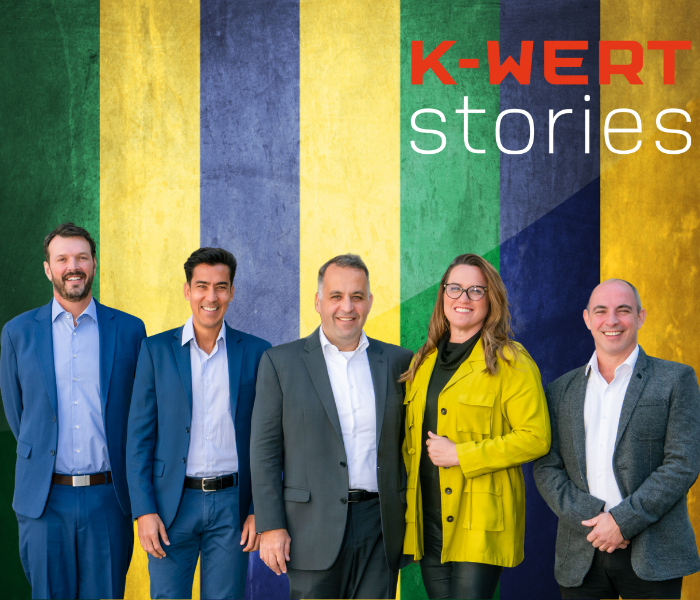 17.04.2024
17.04.2024Sejam bem-vindos no Brasil!
We spoke to the Board of Directors of our business unit RIP Serviços Industriais in Brazil about Icons, their local team and future developments.
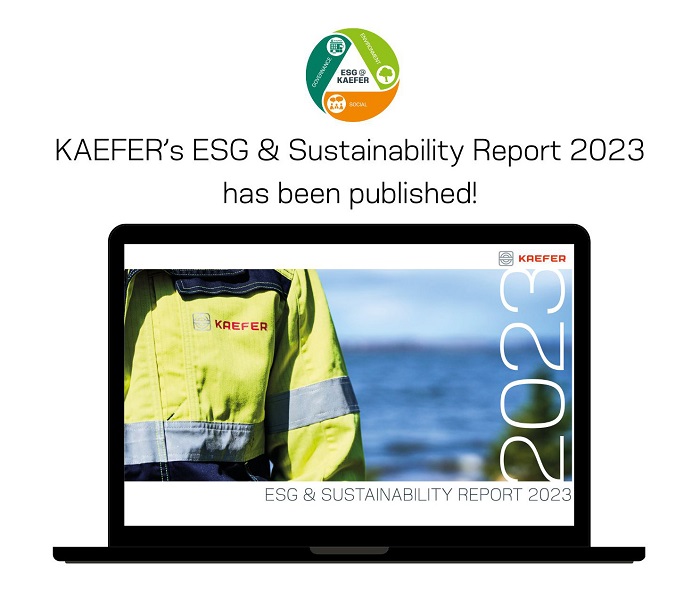 10.04.2024
10.04.2024Our KAEFER ESG & Sustainability Report 2023 has just been published!
The report reflects the results of our commitment to a sustainable future and the progress we have made in the areas of environment, social affairs and governance.

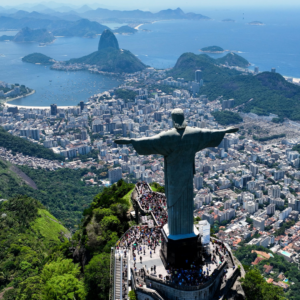

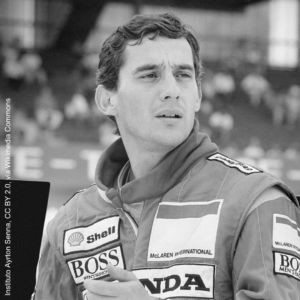
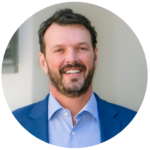 Américo:
Américo: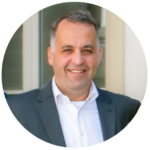 Cristhian:
Cristhian: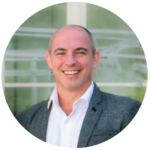
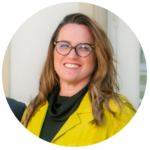 Fabiana:
Fabiana: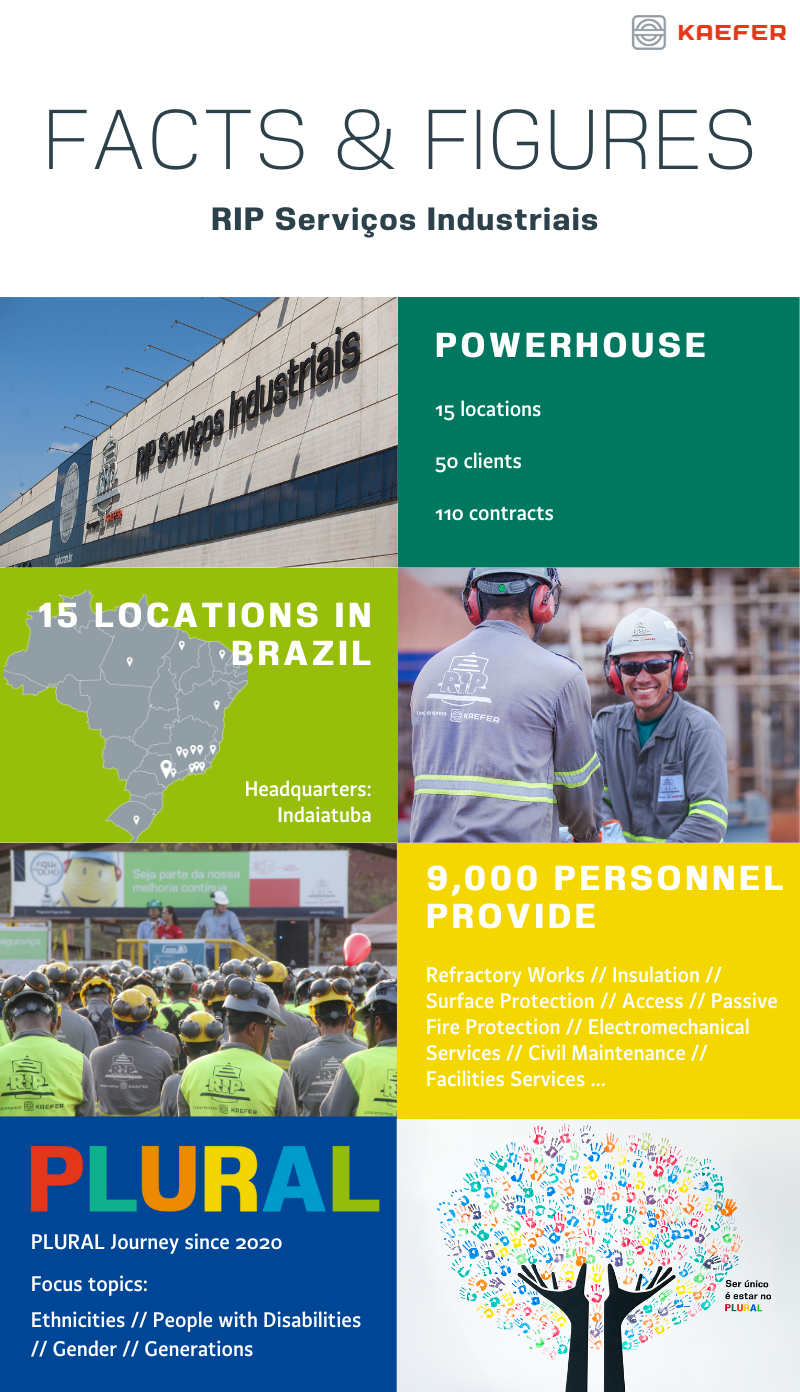
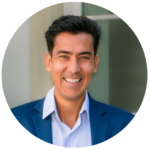 Johnny:
Johnny: